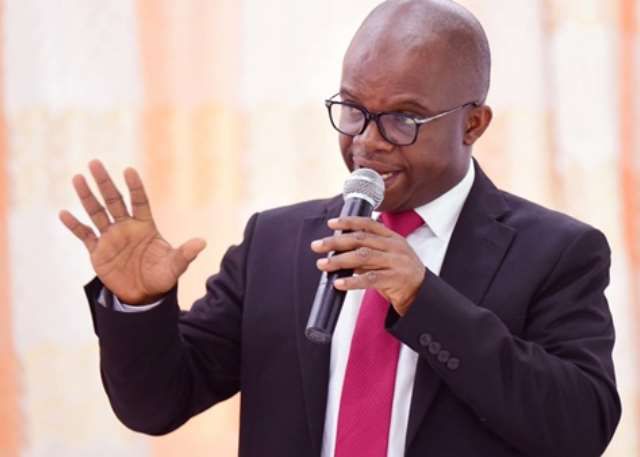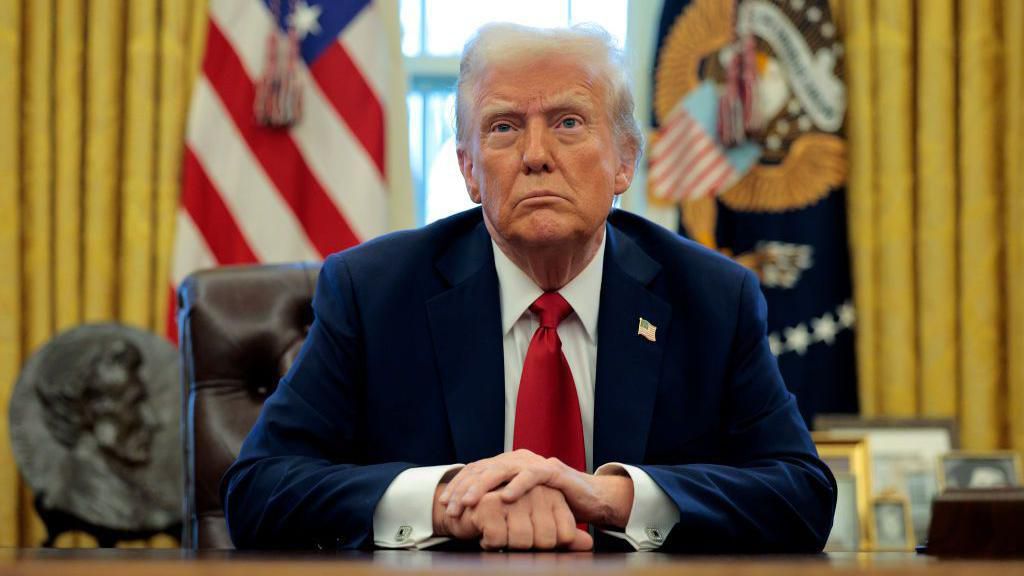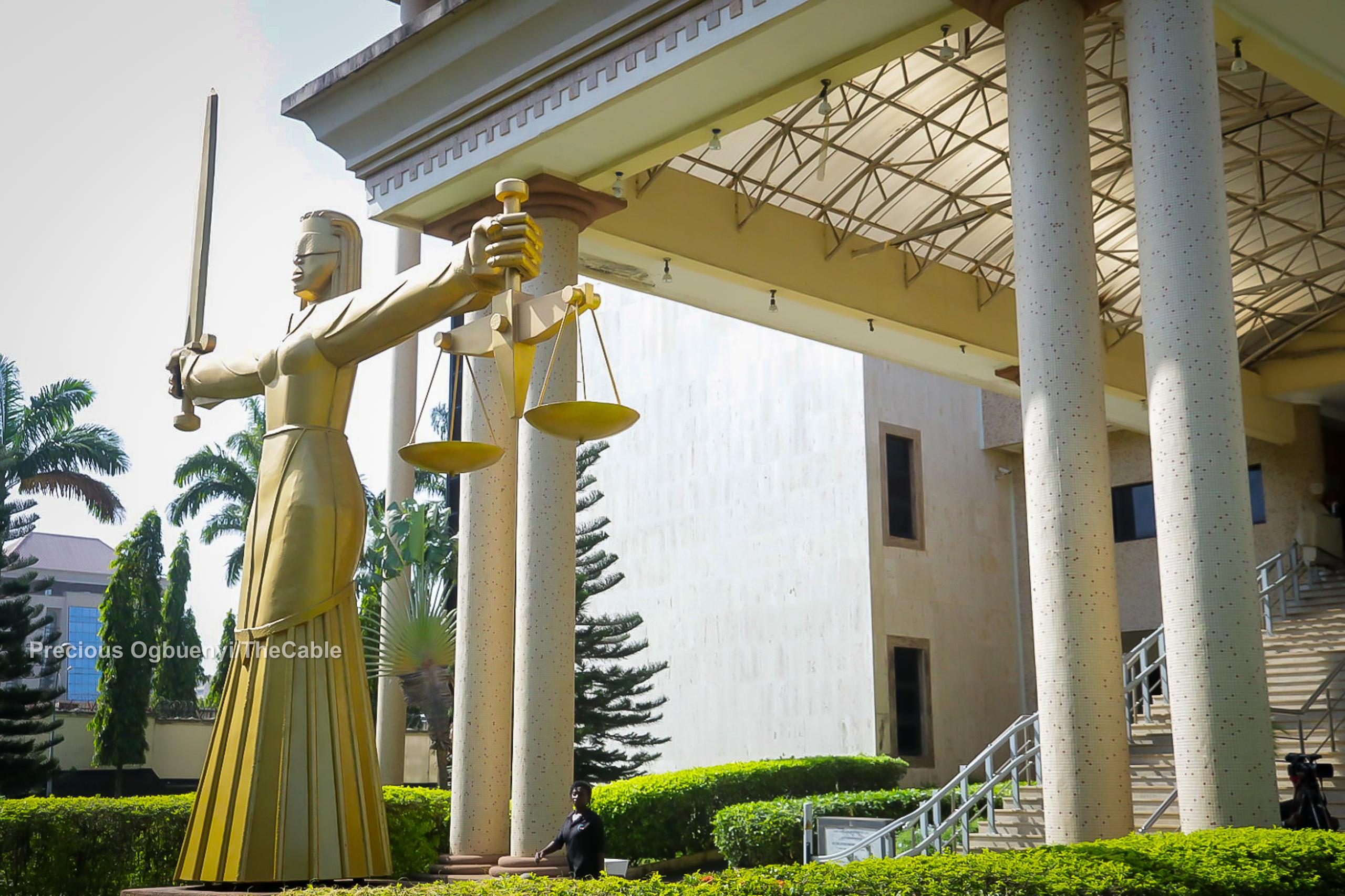Ghana Parliament Approves New GH¢1 Fuel Levy Amidst Minority Boycott
Ghana's Parliament has officially approved the Energy Sector Levy (Amendment) Bill, 2025, a significant piece of legislation that introduces a new GH¢1 levy on petroleum products. This controversial bill, which aims to generate substantial additional revenue, was passed late on Tuesday, June 3, 2025. The primary objectives behind its introduction are to address the nation's crippling energy sector debt and to work towards ensuring a more stable and reliable power supply for the country.
The bill was laid before Parliament under a certificate of urgency by the Finance Minister, Dr. Cassiel Ato Forson. During his presentation, Dr. Forson highlighted the dire financial state of the energy sector, revealing that its total indebtedness had reached US$3.1 billion as of March 2025. He further elaborated on the scale of the financial challenge, stating that a minimum of US$3.7 billion is required to fully clear this existing debt. Beyond settling debts, an additional US$1.2 billion is needed to procure essential fuel supplies for the country's thermal power generation plants throughout the remainder of 2025.
Addressing concerns about the potential impact on consumers, the Finance Minister provided assurances to Parliament. He stated that the effect of the new GH¢1 levy on ex-pump petroleum prices would be \"absorbed by the gains made from the strong performance of the Ghana Cedi.\" Consequently, the government's position is that consumers should not experience an immediate increase in fuel prices at the pump as a direct result of this new levy.
Despite these assurances, the Energy Sector Levy (Amendment) Bill faced vehement opposition from the Minority Caucus in Parliament. They strongly criticized the bill, describing it as an inappropriate and undue burden on the Ghanaian populace. The depth of their resistance was demonstrated by a walkout staged during the bill's approval process. The Minority members contended that the Majority side lacked the requisite numbers in Parliament at the time of the vote to make a constitutionally binding decision on such a significant bill.
Prior to the crucial vote, Majority Leader Mahama Ayariga made a passionate appeal to Parliament and the public, urging support for the levy. He framed its passage as a necessary collective sacrifice required to finally bring an end to the persistent and disruptive power crises, commonly referred to in Ghana as \"dumsor.\" Mr. Ayariga also made a specific effort to distinguish this new petroleum levy from the widely unpopular Electronic Transaction Levy (E-levy), which the government had recently repealed. He implored Ghanaians to view the contribution of \"one cedi, just one cedi\" per litre of fuel as an investment in securing a stable and reliable power future for all citizens.
The passage of this bill is expected to have a significant fiscal impact, projected to generate an additional GH¢5.7 billion in revenue annually. These funds are earmarked to address the deep-seated financial woes plaguing Ghana's energy sector. However, while the government maintains that the strength of the Ghana Cedi will cushion consumers from immediate price shocks, the dramatic walkout by the Minority Caucus highlights the profound disagreements and deep divisions that persist regarding the most effective and equitable strategies for resolving Ghana's complex and long-standing energy sector challenges.










